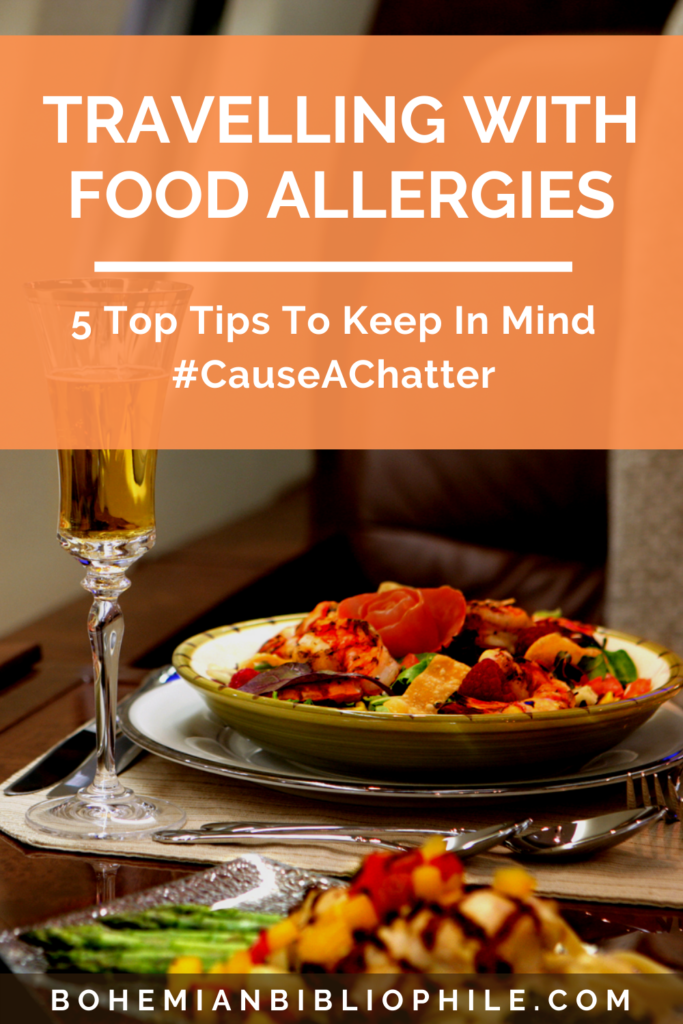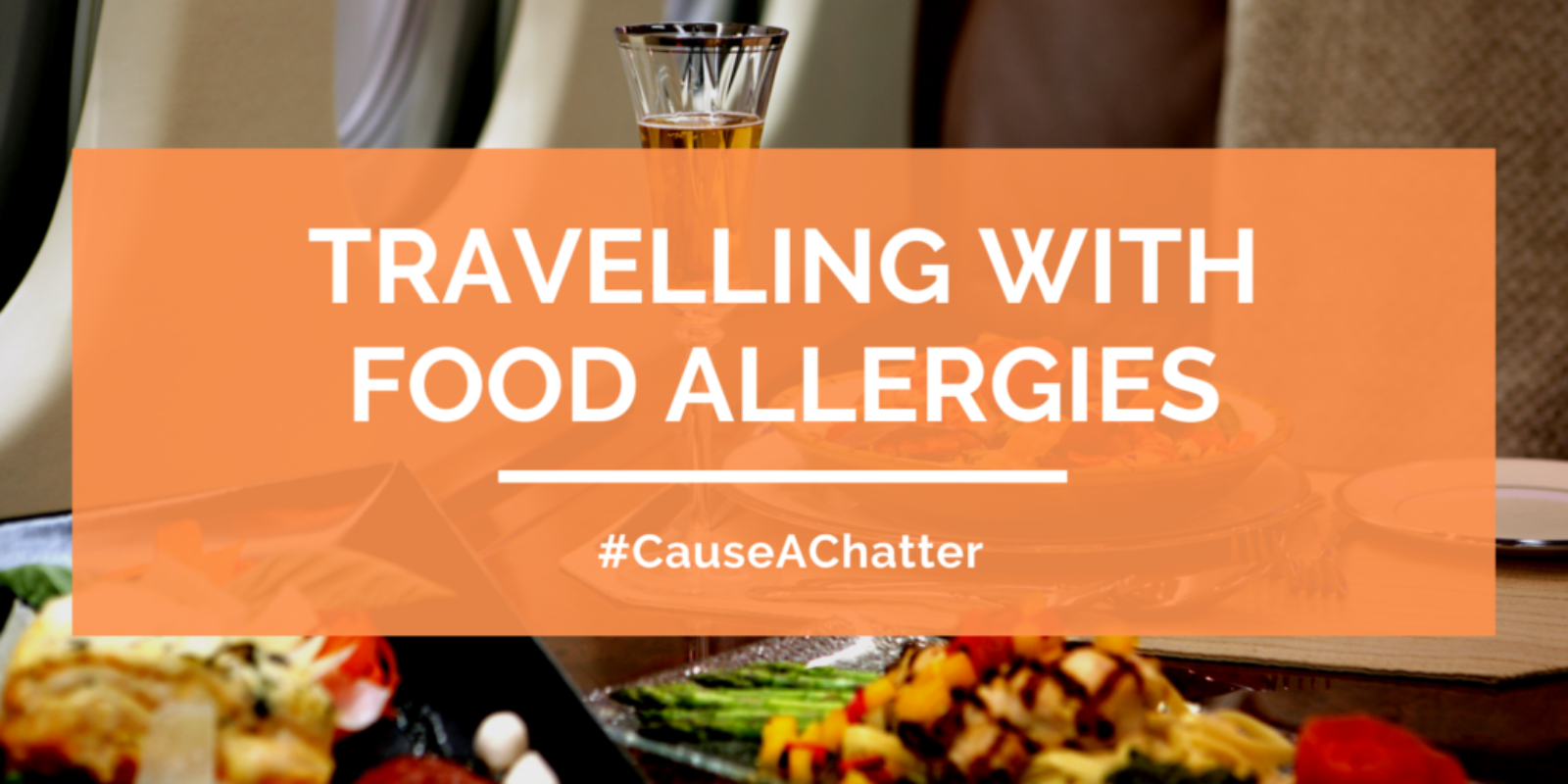Ask anyone suffering from food allergies what they fear the most, and travel would be at the top of the list. Particularly air travel. Confined space, high probability of cross-contamination, and obvious lack of emergency facility.
So does one stop travelling and stay cooped up at home? Absolutely not! The pandemic may have put a pause on our travel plans. But don’t let your allergies define your life. Today I share top tips for travelling with food allergies. Tips that I swear by.
Do an in-depth research
Before you travel, do in-depth research of the airline, hotel, and destination. Choose an airline that has an allergy policy. British Airways meals do not contain peanuts. When in doubt, contact the airline staff to clarify.
Whenever possible, try booking an allergy-friendly accommodation. One with a kitchenette. Ensure there is a medical facility in close proximity. Familiarize yourself with popular local foods and the ingredients. This is important for all types of food allergies.
Notify the airline and hotel about your allergies
It is absolutely crucial to inform the airline staff and hotel about your food allergies. Most airlines have an allergy policy and provide allergy-free/special meals. In severe cases of nut allergies, they may request the fellow passengers to not eat products or open packages that contain nuts. Although they might appear spotless, carry wet wipes to wipe down surfaces.
Inform the hotel staff and kitchen about your food allergies to reduce the chance of cross-contamination. If the hotel has a doctor on call or in-house, discuss your allergies so that they are well prepared in case of emergencies.
Always carry your allergy medications on you
I cannot emphasize this enough. ALWAYS carry the allergy medications on you, not in your luggage in the cargo. Also, pack more than you need as it might not be available at the destination you are travelling to. If you use EpiPens, keep the required documentation from your allergist handy since some airlines may require it.
Pack allergy free snacks for emergencies
Allergy-free food may not always be available. Always pack extra allergy-free snacks for emergencies so that you don’t feel the need to take risks, calculated or otherwise.
Always carry allergy cards in the local language
Not just for travelling, allergy cards are a godsend for those who enjoy dining out. They reduce the chance of misinformation between the server and the kitchen. As much as it is tempting to sample a snack from the local shack, avoid eating food items where you are not sure of the ingredients.
Create an allergy card yourself or purchase one online. List out all the allergens and cross reactors. For example, if you suffer from nut allergies, include dates, apricots, and peaches. When travelling to destinations that may not have English as their first language, carry an additional allergy card in the local language.
Let’s be honest, travelling with allergies is not easy. There is always a fear of an allergy attack. But don’t let allergies hold you back from something you love. Go ahead, explore the world… after the pandemic ends, of course.
Follow the allergy awareness series for more discussions around allergies. Let us start a much-needed conversation around them.
Disclaimer: I am not a medical practitioner. The purpose of this series is to bring about awareness. Please consult an allergist/immunologist for queries and overall management of allergies.
As a part of Blogchatter’s Blogging with a Purpose campaign, I am using my voice to highlight something I care about.


